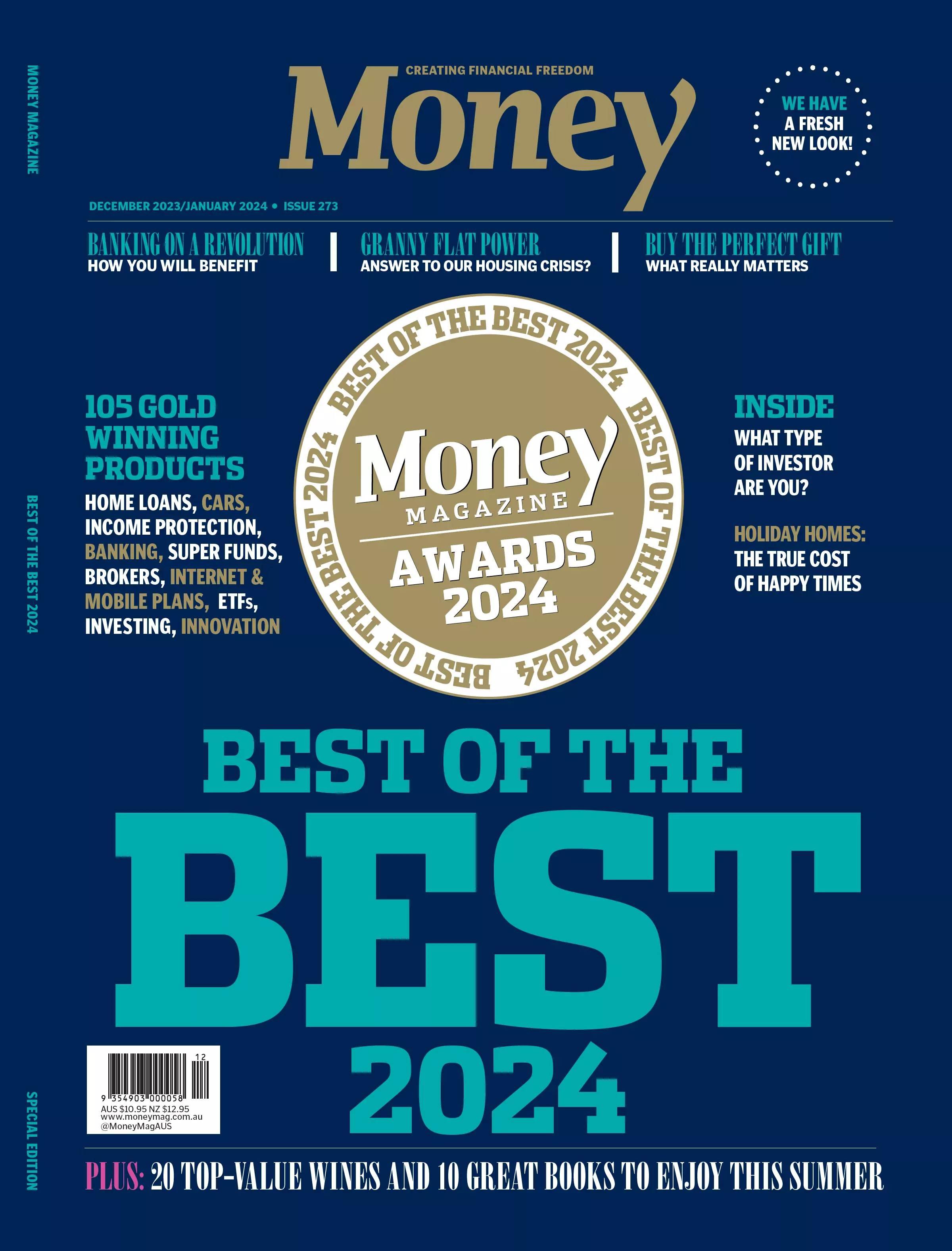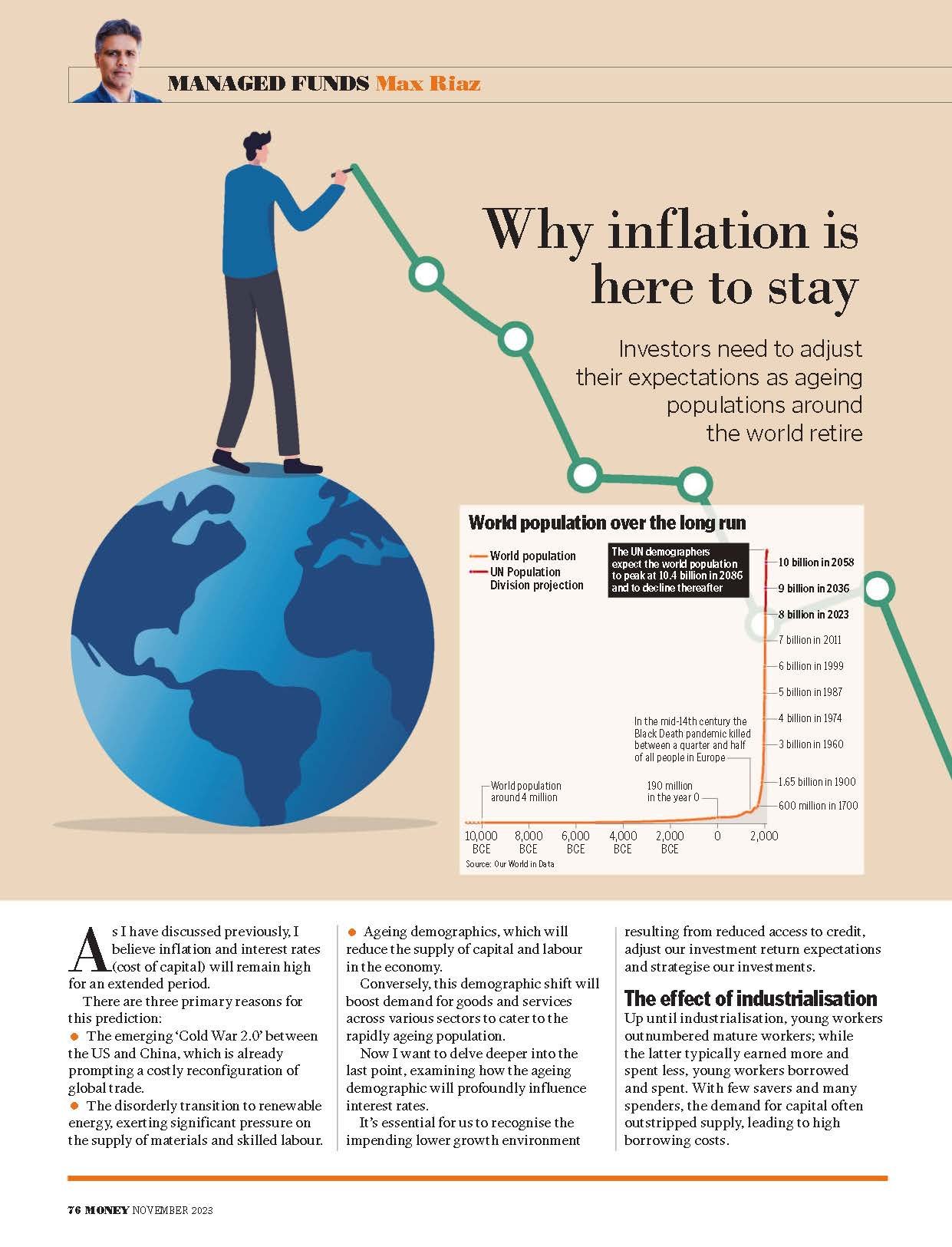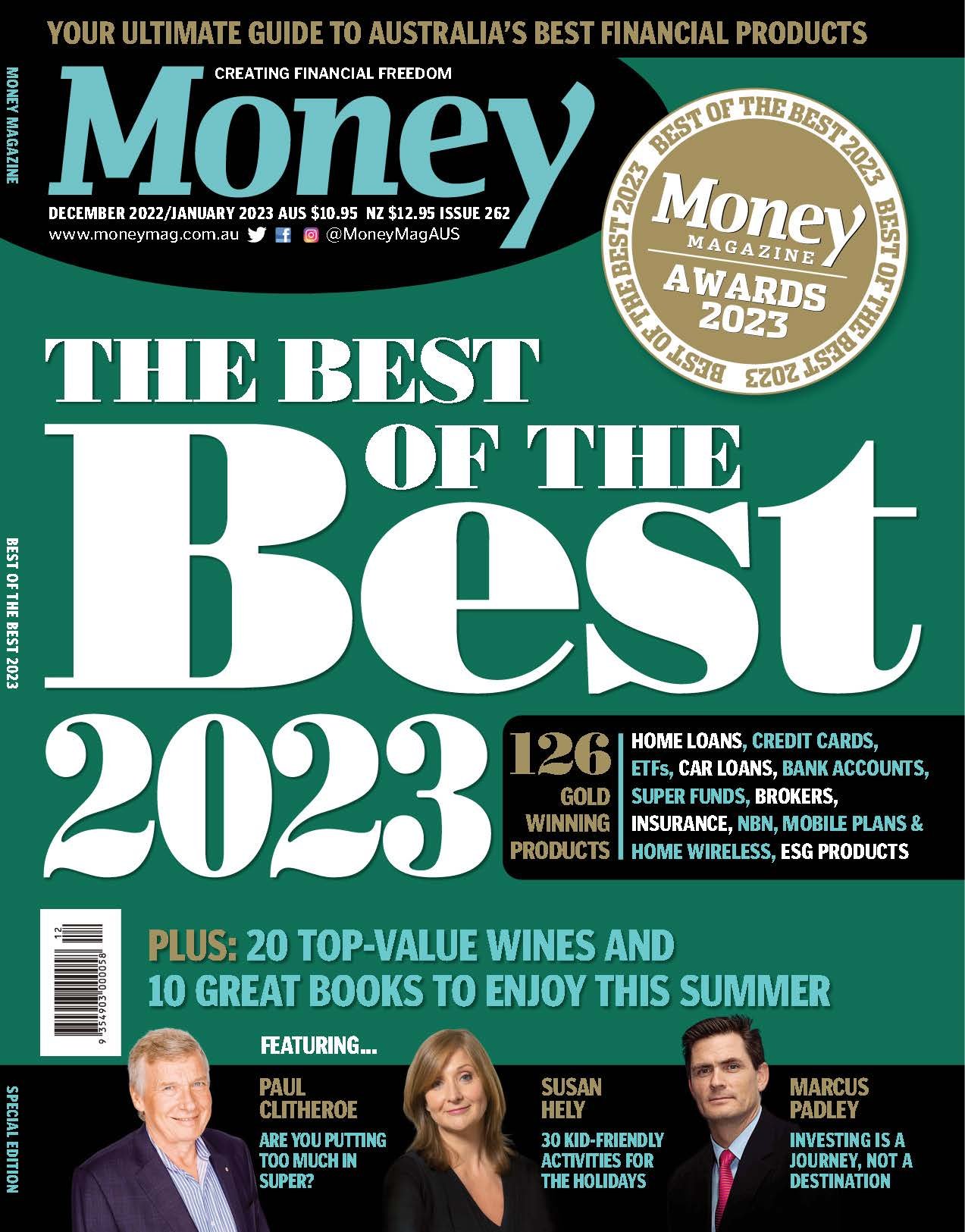ESG Leadership - An opportunity not to be squandered!
/ESG is an acronym for Environmental, Social and Governance which together form a criterion by which an investor assesses a company’s sustainability, ethical practices and their impact on stakeholders and financial performance of the company. The impact of ESG practices on a company’s financial performance should not be underestimated. In the age of social media and proliferation of smartphones, there is hardly any activity, more specifically an ESG breach, by a company that would go unnoticed for too long. A good example of this is Volkswagen’s emissions scandal in 2015 which cost the company $7billion to cover the costs and more than $4billion in penalties. The share price sold off heavily under the cloud of that scandal and at one point the future of the whole company was at stake.
At Banyantree we are of the view that ESG is a subjective area and can mean different things to different people. Investors need to assess companies for their ESG impact on a relative basis rather than an absolute basis. Taking a dogmatic approach to ESG investing may mean significantly shrinking one’s universe of investment opportunities which could pose higher risks to the returns in the portfolio.
But from a company’s perspective, having an ESG strategy is first and foremost for risk management, get it wrong and face a real and substantive risk to the company's reputation and financial viability. There are examples of companies that are taking a more proactive approach to integrate ESG into the core business strategy and positioning the merits of their value proposition centered on ESG principles. These types of companies we view as ESG leaders and clearly they will have a business that will resonate with the consumer of tomorrow.
One clear example of such a company is Amcor Ltd, which is a global packaging company of consumer products with a presence in over 40 countries. Amcor is the first global packaging company that has pledged to develop all of its packaging to be recyclable or reusable by 2025. We will be watching with interest how Amcor progresses to achieve this self-imposed target, but so far so good!
A lot of companies that Banyantree analyses across the globe have commenced their ESG journey in some form or another. Our team covers over 2,700 listed companies globally ranging over both the developed and emerging markets, we certainly get a good perspective of what different companies are doing in different markets in terms of their ESG efforts. A large proportion of these companies at best have ESG strategy framed within the risk management aspects of their business and very few are leading the integration of ESG into their core business strategy.
We believe companies should rely less on coercion from investors to improve their ESG credentials, coercion is not as effective if the Management of a company doesn’t wholeheartedly embrace the merit of integrating ESG into their core strategy. Instead, management teams should go back to the drawing board and consider building out products and services from the foundation of ESG principles, improve or at the very least retain the utility of their products & services and ensure these remain competitively priced.
So why are companies not falling over themselves to do this right now? Some of it is due to a lack of direction from the regulators as they themselves remain spellbound by the confusing debate on the pros and cons, a clear example is the debate over climate change. We feel that companies who get stuck in the rut of these ongoing debates are risking missing the longer term opportunity for them to innovate ahead of the curve.
The curve of shifting consumer demand is becoming evident in its direction. Consumers are becoming more knowledgeable, conscious, and aware of their impact on the environment and society, and they are beginning to vote with their feet and hip pocket!
































